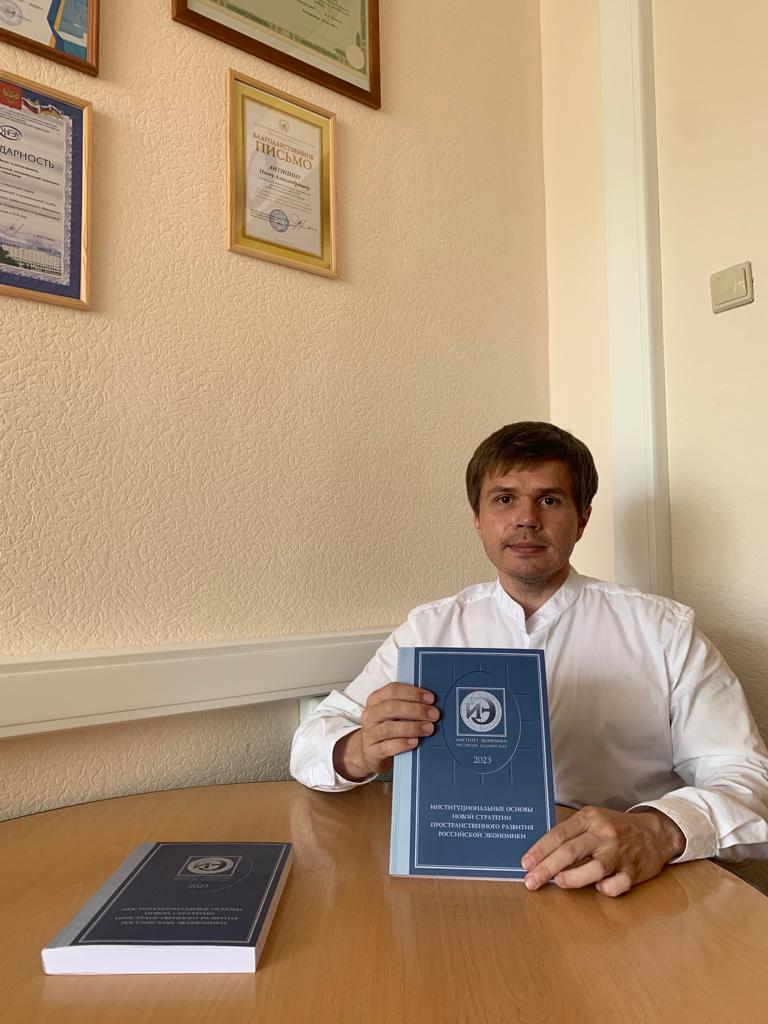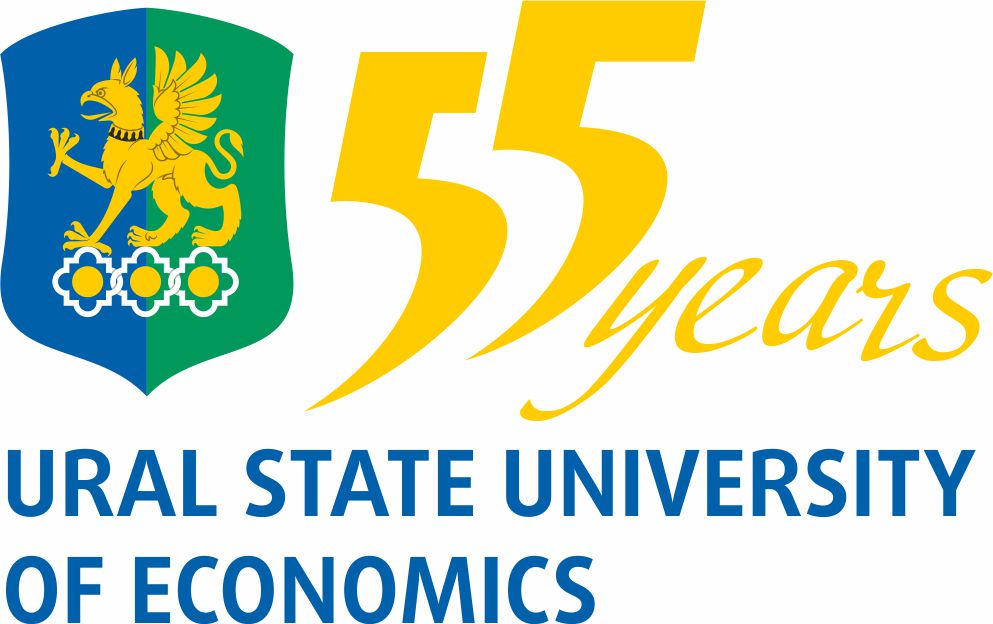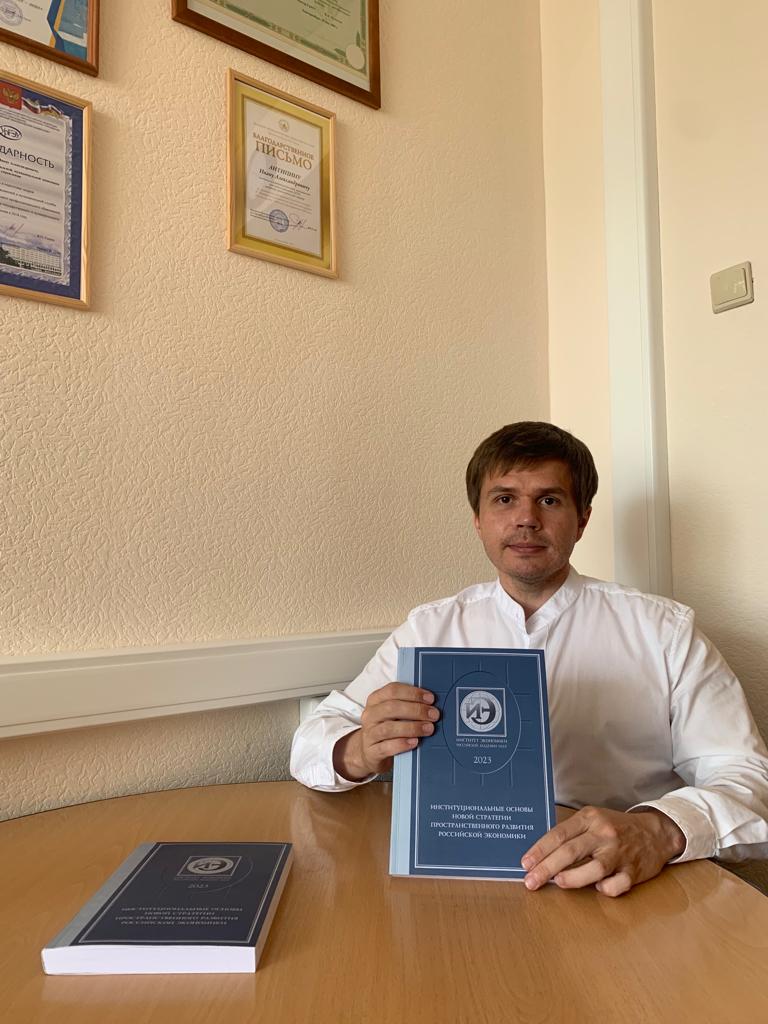 See other releases of corporate mass media
See other releases of corporate mass media
Nationwide Planning
Large-scale demographic processes, changes in the economic and technological structure are just some challenges facing the Russian economy today. Scientists from USUE and the Institute of Economics of the Russian Academy of Sciences published a joint monograph where they predicted how the country would change in the 21st century to cope with these challenges.
Since the early 2000s, about 40 large urban agglomerations have been shaped in Russia. Today, 73 million Russians live in them - half of the country’s population. At the same time, the quality of life, infrastructure, urban environment, and ecology can vary significantly from region to region. Even more different from the “standard” conditions in rural areas and small towns are, where the rural exodus continues.
Western sanctions and the large-scale economic “shake-up” of recent years have exacerbated these problems and attracted the attention of economists. Among the authors of the 300-page paper there are eleven candidates and doctors of economic sciences, including the head of the USUE Department of Regional and Municipal Economics and Management, Ivan Antipin, and associate professor of the USUE Department of Regional and Municipal Economics and Management, Olga Ivanova.

The researchers based their work on the Strategy for the Spatial Development of the Russian Federation until 2025, since this document, perhaps for the first time since the Soviet era, links many separate issues of economics, logistics, science, production, and demography nationwide. After the start of a special military operation and the imposing of sanctions against Russia by unfriendly countries, this strategy was revised and supplemented. Now the authors of the monograph show which aspects of countrywide planning need especially close attention.
First, these are budgeting issues, so that the solution to each identified problem would be accompanied by the allocation of necessary funds from the federal and regional budgets, as well as attracting investments through public-private partnerships. Second, it is the alignment of socio-economic inequality between different regions, so that less developed territories beyond Moscow and St. Petersburg would receive more support. Third, these are amendments to the law “On the general principles of organizing local self-government ...” to harmonize local projects for the development of territories with a common vision on a national scale.
“This monograph is of vital importance precisely in the current situation of uncertainty, turbulence, complication of management processes,” Ivan Antipin explains. “We are grateful to Professor Yevgeny Moiseevich Buchwald, head of the Center for Federal Relations and Regional Development at the Institute of Economics of the Russian Academy of Sciences, for the invitation to join the team of authors and for the opportunity to present the results of joint research for the benefit of our country!”
The monograph is aimed at economists, employees of federal executive bodies, officers of regional and municipal governments, as well as teachers and students of economic disciplines.













